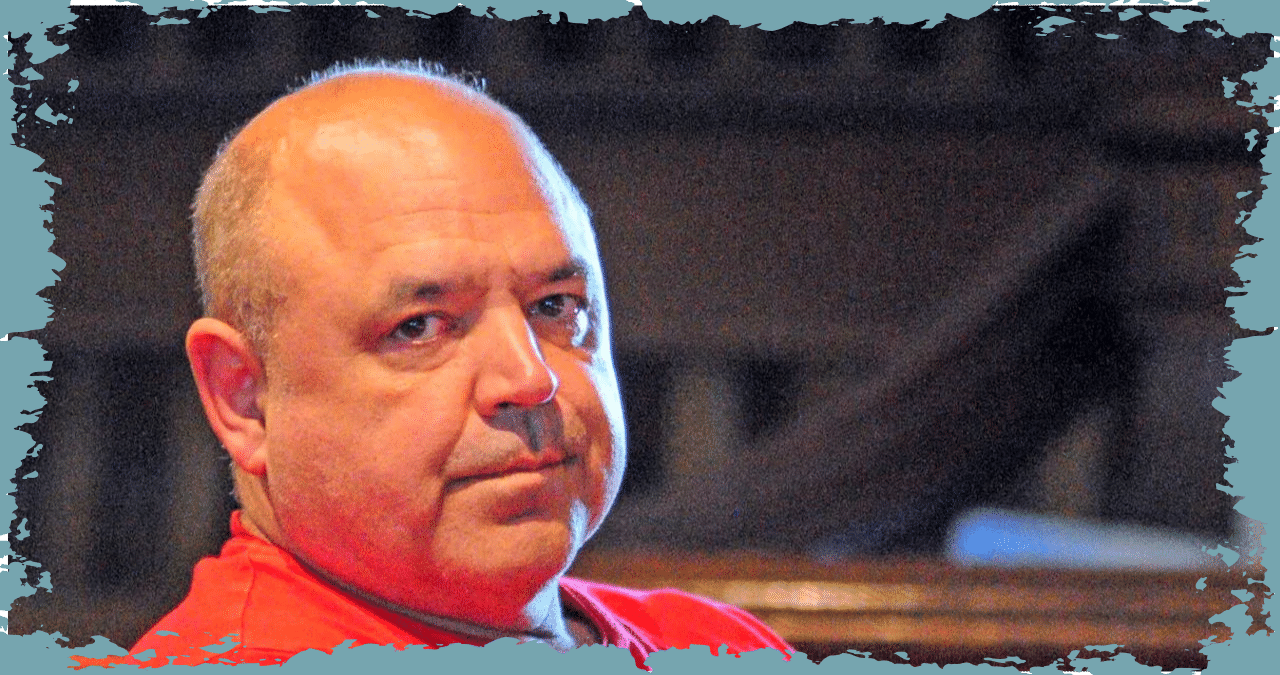The New York State Police recently identified the man who was shot and injured as a central Maine doctor with a record of infractions and license suspensions. The doctor had his license suspended in 2021 for granting COVID-19 vaccine exemptions to over 100 healthcare workers he had not examined or seen.
On July 2, 63-year-old Paul Gosselin from Augusta was shot. The New York State Police issued a press release on the following day, stating that troopers in Sullivan County were informed of a suspicious vehicle present at a business located on State Route 97 in Barryville.
According to the New York state police, they eventually located the man, who was later identified as Gosselin. He claimed to possess a firearm and threatened to shoot the troopers.
According to reports, Gosselin supposedly escaped to a nearby establishment along the highway. He then exited the car but suddenly re-entered it and drove towards a constable from the town of Lumberland who was on foot near Gosselin’s vehicle.
According to the New York State Police, Gosselin was hit by a shot fired by a state trooper who witnessed the incident. The trooper intervened when he saw the situation unfolding and fired at the vehicle.
According to a press release issued on July 3, Gosselin was taken to a local hospital and was reported to be in a stable condition. As per a spokesperson from the New York State Police who spoke to the Kennebec Journal on Monday, Gosselin is still receiving treatment at the hospital.
According to the newspaper, Gosselin was already in a national missing persons database before the incident occurred, leaving many unanswered questions about his presence in New York.
According to the board records, Gosselin, who is an osteopathic doctor, had encountered several conflicts with the state licensing board prior to the incident of improper vaccine exemptions. In 2014, his license was suspended on the grounds of allegedly self-prescribing medication and engaging in medical practice while under the influence of drugs.
According to the Morning Sentinel, in 2002, he faced disciplinary action for engaging in “unprofessional conduct” by pretending to be his own physician’s assistant and calling pharmacies to fill prescriptions. Similarly, in 1999, he responded to an emergency call while under the influence of alcohol, which resulted in another disciplinary action.



